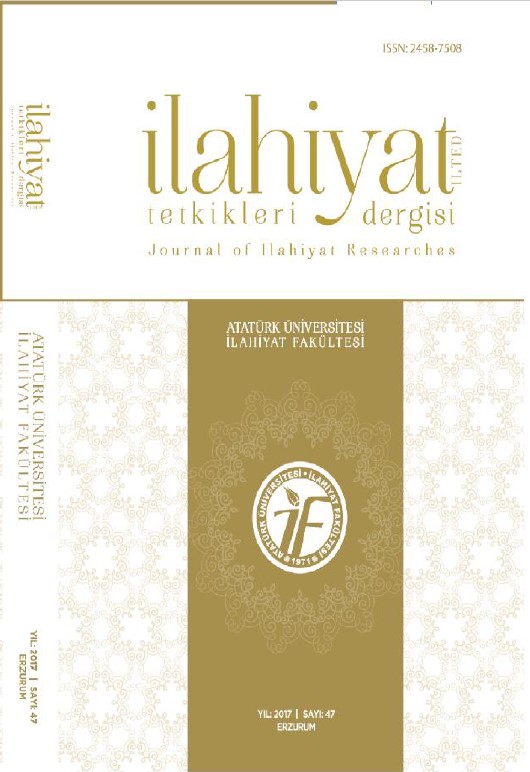Cerh-Ta’dîl’e Karşı Gıybet Eleştirisinin Tarihî Süreci
The Historical Process of al-Jarḥ -al-Taʿdīl Criticism as Gossip
Author(s): Seyit Ali GÜŞENSubject(s): Islam studies, 6th to 12th Centuries, Hermeneutics
Published by: Atatürk Üniversitesi İlahiyat Fakültesi
Keywords: Hadīth; Hadīth Criticism; al-Rijāl; al-Jarh; al-Ta'dīl; al-Giybah/Gossip;
Summary/Abstract: It is important to investigate the narrators for the functionality of the al-jarh-ta'dîl system, which has been implemented since the first century, to ascertain the correctness of the hadīths in the Hadīth history. However, in hadīth sources, some information is conveyed stating that the criticism that these scholars gossip has been made against the munakkid (critic) scholars from the beginning of the second century of Hijra when the rijal criticism began systematically. Although it is observed that since the first half of the second century of the Hijra, the most intense criticism of gossip focused on Shu'ba Ibn al- Hajjāj due to his regular jarh-ta'dîl activities, several examples of other critic muhaddiths are encountered in the following years. It is seen that the critic muhaddiths have shown different responses to these reactions according to the situation of the interlocutor. The questions asked by those engaged in the Hadīth regarding this topic are provided with answers more in the scope of this work's necessity, and it has been observed that there is an attitude that does not take into consideration the negative critiques of other groups in general. Also, it is necessary to mention that the muhaddîths were taking some precautions to avoid falling into the sin of gossip in the face of criticism directed towards them. This study evaluates the beginning, interlocutors, and effects of these criticisms throughout the Hadīth history.
Journal: İlahiyat Tetkikleri Dergisi
- Issue Year: 2021
- Issue No: 55
- Page Range: 65-89
- Page Count: 25
- Language: Turkish

